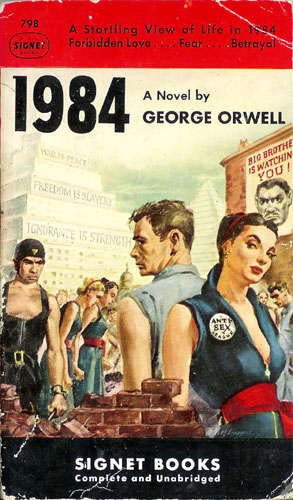The New Yorker looks at how pulp fiction changed the economics of book publishing:
“Instead of relying on book wholesalers—”jobbers”—who distributed to bookstores, de Graff worked through magazine distributors. They handled paperbacks the same way they handled magazines: every so often, they emptied the racks and installed a fresh supply.
…
Pocket books were priced to sell for twenty-five cents. De Graff is supposed to have come up with that figure after paying a quarter at a toll booth. No one, he concluded, misses a quarter. Penguins sold for sixpence: Lane believed that his books should not cost more than a pack of cigarettes. This meant that people could spot a book they had always meant to read, or a book with an enticing cover, and pay for it with spare change.
…
This stuff was not trying to pass itself off as serious literature. It was a deliberately down-market product, comic books for grownups—pulp fiction.
…
The paperback presented the publishing industry with a dilemma. Many people in the business, whether they actually read books or not, believed that they should be packaged as upmarket commodities, cultural goods for people looking for something superior to mass entertainments like Hollywood movies and, after 1950, television. “Read a good book” is a phrase that has the ring of virtue. It implies that what is, after all, just another form of distraction is more than that. It recommends taking some private time away from the world to immerse yourself in a mode of enjoyment and edification that belongs to an ancient and distinguished tradition.
…
This marketing philosophy may have reflected the fear that, if books competed directly with the movies, the movies would win. Whatever the thinking, Pocket Books and its progeny defied it. De Graff packaged books as just another form of distraction, and one completely compatible with everyday life. He imagined people reading books on the way to work, during the lunch hour, standing in line at the bank—exactly the way that millions of people listen to music through their earbuds today.”
Full article Pulp’s Big Moment: How Emily Brontë met Mickey Spillane.

Leave a Reply